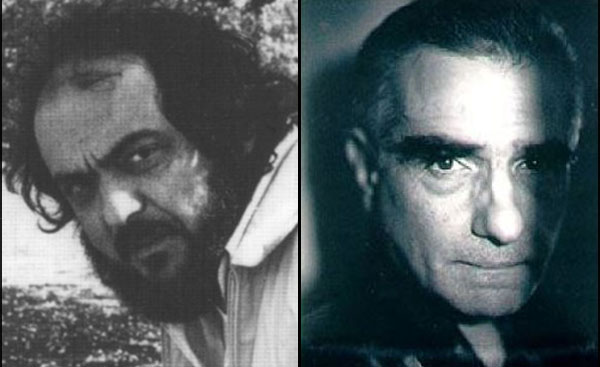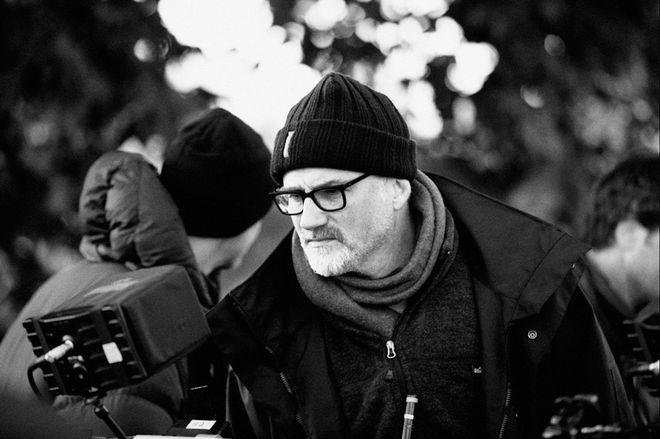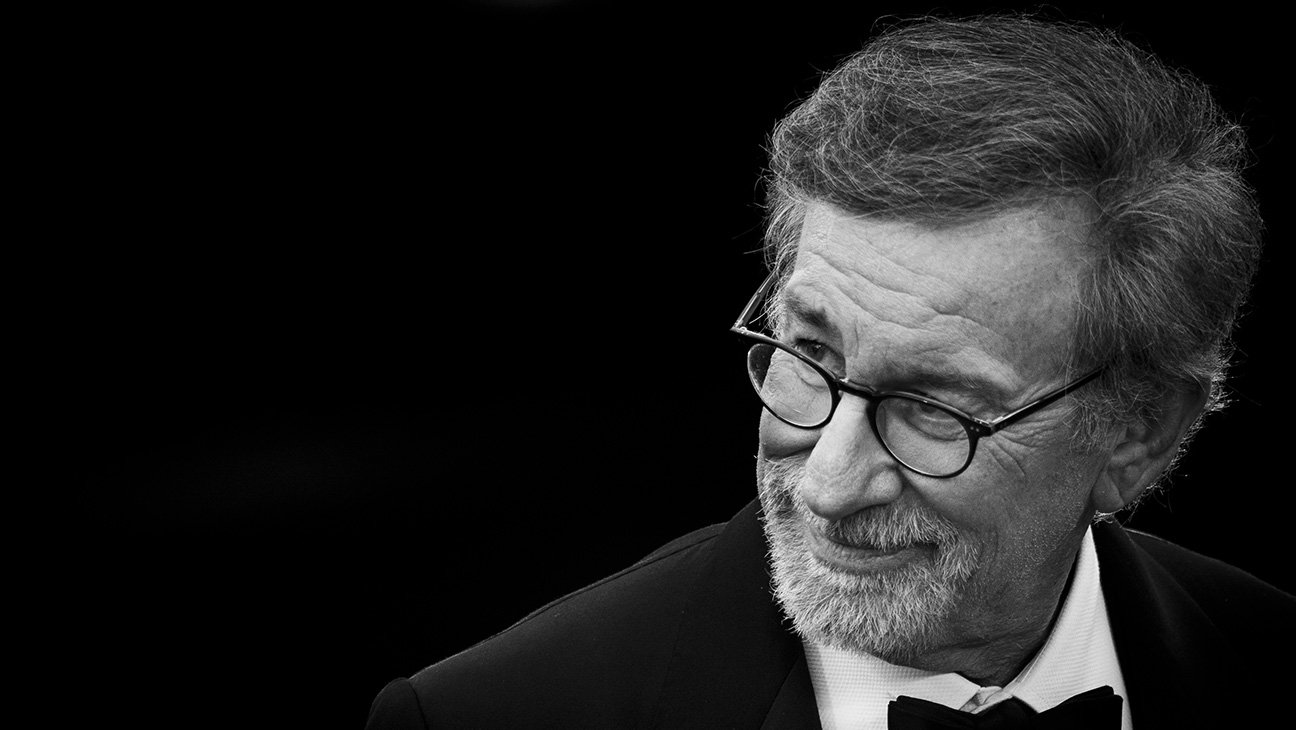Once, the legendary filmmaker Orson Wells farsightedly opined that “among those whom I would call ‘younger generation‘ Kubrick appears to me to be a giant”, whose words proved to be true within a few years. Stanley Kubrick not only influenced those who came before him, but a long line of leading filmmakers like Martin Scorsese, Steven Spielberg, George Lucas, James Cameron, Woody Allen, Terry Gilliam, the Coen brothers, Ridley Scott, and George A. Romero, who came after him in the line. Among them, Martin Scorsese is an all-time admirer of Kubrick for his mind blowing image making insight and technical expertise.
How Stanley Kubrick Fell In Love With His Lenses
In this conversation with Charlie Rose, Martin Scorsese opens up about the Kubrick influences in his oeuvre and hand-picks some unforgettable moments of mesmerizing filmmaking from Kubrick’s filmography. He starts off with The Shining, the 1977 cult classic that catapulted Kubrick’s reputation as an auteur and as one of the greatest horror movies ever made. Scorsese points out the masterly ways in which Kubrick cuts his shots, tightens the composition and controlling the use of dialogue in The Shining, with proper examples.
According to Scorsese, Kubrick’s approach of filmmaking is the authentic documents for how a filmmaker can direct the eye, and hence the heart of a movie goer. He admires Kubrick for his authority to dictate what the viewer wants to see, exclusively through images. Scorsese put it as a director’s bold statement implying “I am going to tell this story in this way and hence you (viewer) are going to watch it the same way.”
Scorsese goes extravagant with praise when he talks about Kubrick’s masterpiece, 2001: A Space Odyssey, a movie which deconstructed the concept of time in world cinema through never seen before, dreamlike imageries. He reflects the first impact the powerful movie had on him and digs deep into that experience to reach the basic philosophy guiding Kubrick’s genius, as there something good there must be something bad and the fundamental question is whether human beings can perfectly good or perfectly bad.
Kubrick, who is often celebrated as a master technician is appearing as a visionary artist in this conversation and Scorsese, who is hailed as an intuitive genius, invents the magical landscape of Kubrick movies and their influence on fellow filmmakers all over the globe. When a master reveals his thoughts about another master, a masterly advice is on the cards for the viewers.
Written By: Ragesh Dipu




